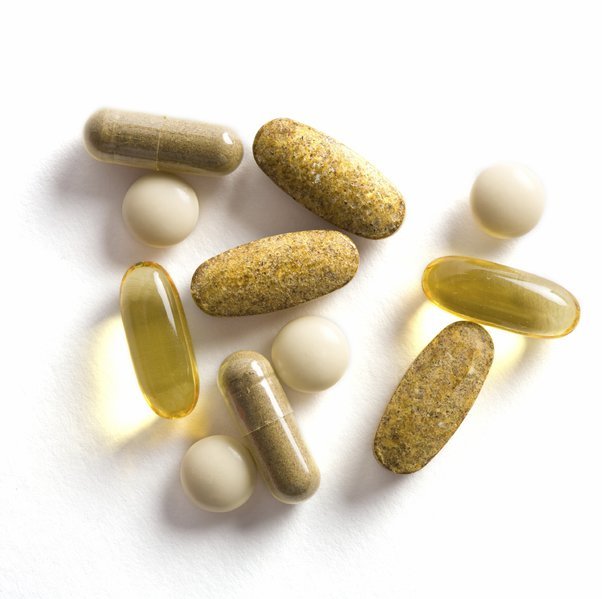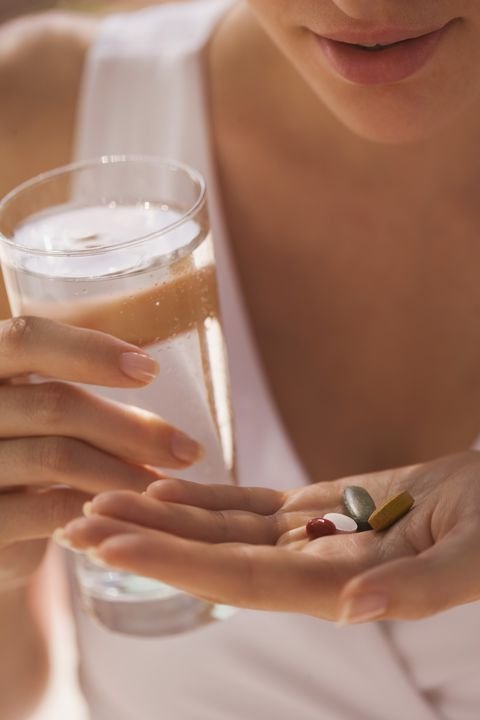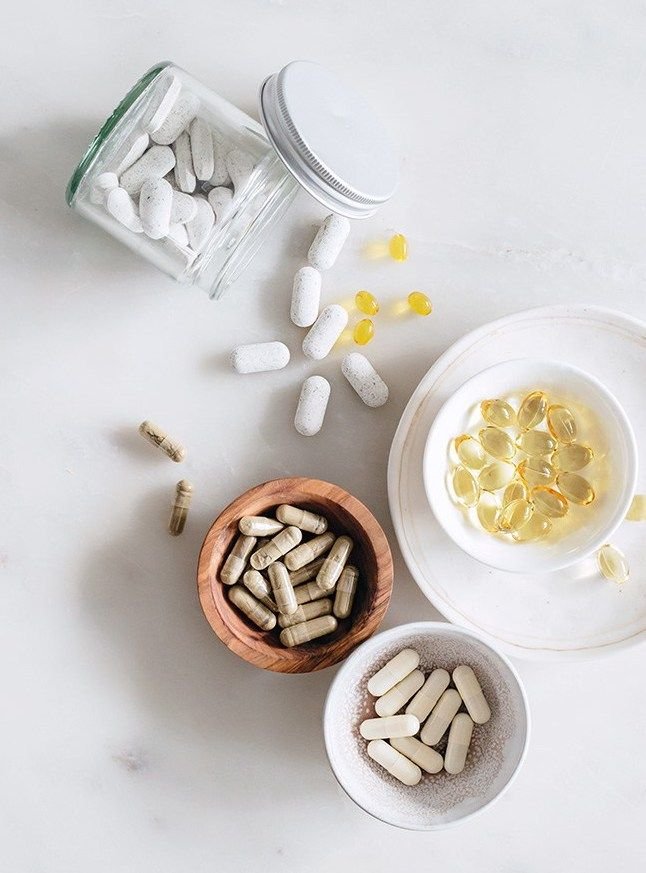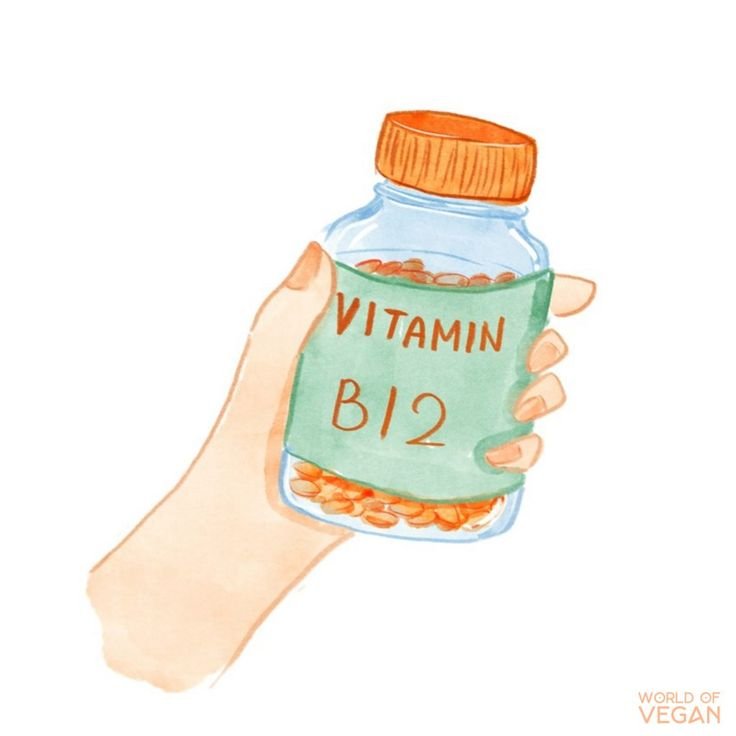
Supplements are taken or used to increase the amount of nutrition in your diet and to reduce the level of and avoid health problems. Nutritional needs depend on your age and health condition, it is not the same for all. Supplements contain vitamins, fiber, minerals, amino acids, etc. They are prescribed to you according to what your system requires and work accordingly. Supplements vary with age so different supplements are recommended to people of various ages.

20s and Initial 30s
At this age, following a healthy lifestyle and good diet can help you maintain your physical health a lot. However, some points are still overlooked and need to be addressed like Vitamin D and omega-3. Vitamin D has a strong correlation with bone health because it helps with calcium absorption. Although we get it through the sun in summer, still some people avoid the sun to protect their skin from tan and sunburn and in winter our body is not able to produce, so keep in mind the scenario. Vitamin D supplements should be taken to balance the weakness.

Similarly, our body is unable to produce omega-3, which is equally important as it helps with brain health, caters to reducing stress and calms the nervous system. Furthermore, this age group exercises a lot through the gym or by doing extracurricular activities which strains the muscles a lot. Therefore, one should include B vitamins to help absorb energy from meals, anti-inflammatory vitamins C and E, and magnesium to support muscular activity. Along with that women lose a lot of blood and sweat excessively while on their monthly routine, so to combat that iron loss, one should include a booster containing sodium and potassium.

30s and Initial 40s
Mostly when people reach their late 30s, their hair and skin health starts to decline naturally. The appropriate supplement to consider is collagen as it helps with skin hydration and flexibility. Additionally, zinc supports healthy hair and reduces inflammation, antioxidant selenium fights cell damage. To maintain a good hair and skin structure, vitamins B6, B12, and biotin are recommended. Women going through hormonal changes should take B6 and folate as it is essential during the menstrual cycle and in the years preceding menopause. Along with that, B6 and magnesium promote mood balance and reduce the risk of depression. As we age, it becomes uncertain what we might be able to adjust to and what may take time for us to get through, so Omega-3 is very beneficial to relieve stress and anxiety levels.

40s, 50s and over 50s
The key factor for this age is the reduction in muscle mass due to which the metabolism starts to work slowly, so to cater that vitamins B12, C, and D are important for metabolic health. Polyphenols are also known to decrease stiffness in muscles, promote weight loss, and improve metabolism. These age groups also continue to go through hormonal changes that affect gut health, for instance, women of this age have dietary sensitivity so they should include probiotic food in their diet and consider taking probiotic and prebiotic supplements. Over 50, it becomes more technical and a lot of precautions should be taken considering diet and health problems as our bodies absorb less and bones become weak. To enhance bone health calcium, magnesium, and vitamin D in more quantity should be incorporated into the routine to protect bone density. People suffering from heart issues should opt for omega-3, B vitamins, and potassium.

With age, everyone faces different health issues. So it’s always better to consult your doctor before taking any supplement. Moreover, healthy foods should be incorporated into the daily routine to enhance physical health.






